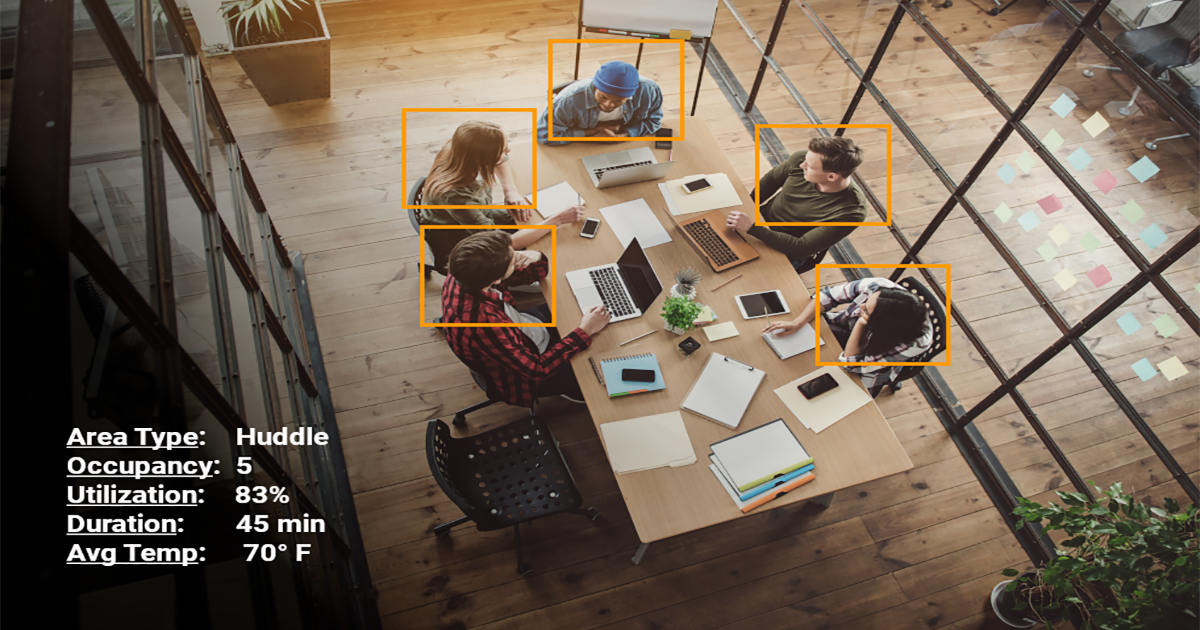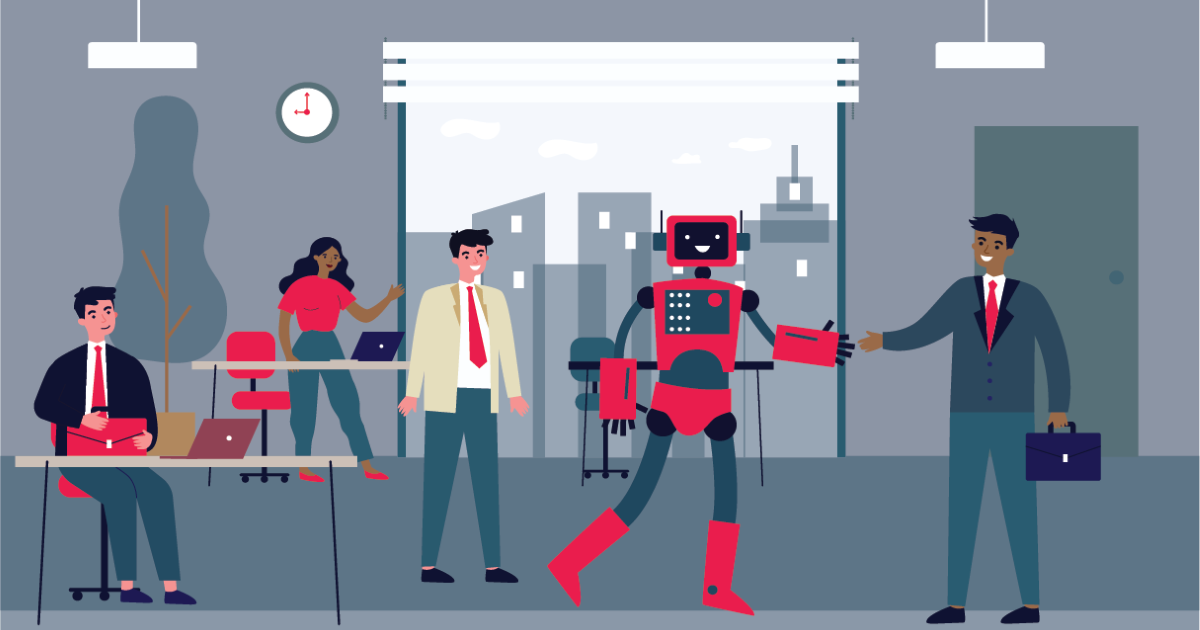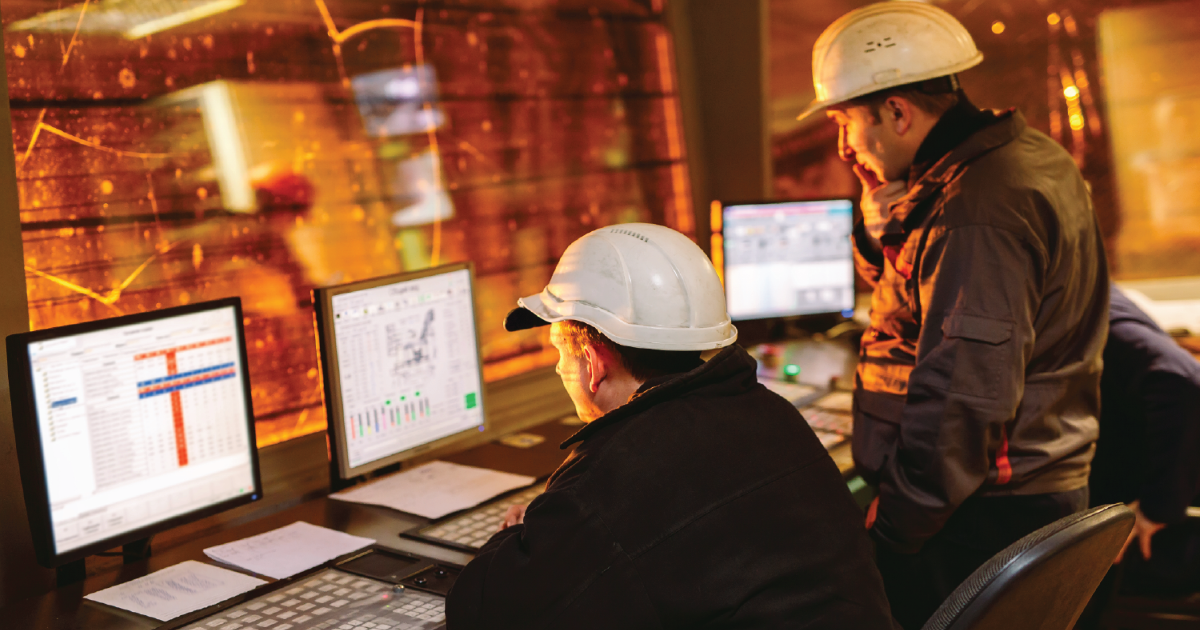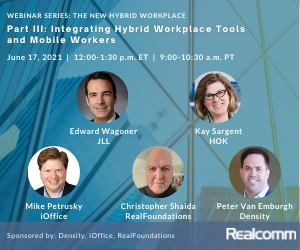The Modern Office

Over the past year, the world has changed in many ways – from the need to work remotely to employees asking for more from their employers. Many have asked: is the traditional office dead? Thankfully, our physical office is here to stay. But how will it evolve moving forward?
We take client feedback paired with industry research not only to better understand how much has changed, but to also know how to improve our platform to support the need to work together in person within the modern office.
Mental health over work
Throughout the pandemic, employers had a look into their workers’ personal lives – maybe more than many were ready for. Now it is clear to that workers perform better when employers support them outside of the office. In fact, Gartner’s 2020 ReimagineHR Employee Survey shows that 23% of workers say they have better mental health when employers support their home life. And 17% of workers say that their physical health improved with their employer’s support.
Further, the same Gartner research says that 45% of well-being budgets go to mental health programs. In addition, 68% of companies added one or more wellness benefits to help workers during the pandemic. Ultimately, 2021 is the year that employers will better support workers’ mental and physical health.
New spin on worker and space monitoring
It shouldn’t come as a surprise that the recent pandemic caused 25% of employers to buy technology that actively monitors their workspace and employees, but most of them didn’t know how to take employee privacy concerns into account. Gartner research shows that only 50% of workers trust their employers with their data. And 44% don’t know anything about their collected data. Experts expect new state and local limits on what employers can track about workers. While some states will likely require a certain degree of space monitoring.
Monitoring is a sensitive subject for us here at AVUITY. We value our clients’ privacy above all else, which is why we do NOT capture any personally identifiable information. And we support transparency to boost the employee experience with our platform. So, you won’t have to worry about “tracking” or unsavory usage metrics. The data ensures that employers are offering their teams the best space possible and the easiest ways to secure those areas.
Smarter communication, smarter office
Artificial Intelligence (AI) and Machine Learning (ML) are two related fields of technology that have grown, perhaps more than any others over the past few years. In fact, experts acknowledge that AI can already detect certain specific movements and will soon be ready to deal with interactions or problems between in-office and remote workers in real time.
For instance, according to The Washington Post, Zoom Video Communications plans to release their “smart gallery” in June 2021. First, this feature detects individuals in the same conference room and aligns their faces as if they are in their own separate boxes. As a result, remote workers will see each person’s face instead of the whole conference room. Ultimately, this feature will create a more similar experience among on-site and at-home workers.
On the other hand, Cisco Systems plans to launch “gesture recognition” early next year. Further, “gesture recognition” includes movements like clapping, thumbs up and down, and raised hands. Overall, this AI gets rid of the need for attendees of large meetings to click emojis or answer surveys to see their reactions. Senior VP of Cisco Jeetu Patel says that they will limit their AI’s detection skills to address privacy concerns. So, comfort and privacy dictate which gestures are acceptable to recognize, not technology.
We are constantly improving how our models measure and recognize behavior to better understand and support behavior in the modern office. Not only does our platform recognize humans within space, but we can configure our sensors to recognize objects such as laptops, bags, and even office technology like a Microsoft Surface Hub. Our goal is to better determine when space is being used, where key tools can be found, and most importantly, why. Each deployment is different. And each client has employee habits and needs that our platform helps them adjust to.
Flexibility: the new gold standard
Many people desire work flexibility, options, and even child-care perks from their employer. Yet so many working parents still have issues balancing virtual school and childcare. In fact, most people can’t do this. As a result, employers may start offering part-time arrangements to professionals that never had this option before. For instance, employers in the financial services, technology, and manufacturing industries now have part-time arrangements for their workers. Even though this idea isn’t new, this could be the start of a new era.
In addition, Gartner research showed that only 36% of workers show high performance when working a 40-hour work week. On the other hand, companies with more flexibility consider 55% of their workers as high performers. Experts believe that employers will soon measure employees by their output instead of their number of hours in 2021 and going forward.
This means offices need to be more flexible than ever before – agile is the new norm. Gone are the days where employers expect employees to deliver 40 hours of work from a single confined cubicle. Instead, workers will provide the work required to complete projects properly from whichever space suits their needs.
Further, spaces need to support workers and teams who may only be in a few days. While this can be a daunting task for facilities and real estate professionals, AVUITY is here to help make their lives easier. To contextualize space and behavior we provide the data needed to inform these hard choices. Spaces will be iterative, evolving, and subject to adjustment based on the needs of employees and their leaders. Overall, platforms that provide this data and help find spaces, whether by app-based workstation searches or real-time map views, are more vital now than ever before.
The physical office isn’t going anywhere, but it has definitely evolved. And at AVUITY, we are along for the ride to provide your business, campus, or organization with the tools needed to make transitioning into the future as seamless as possible.
This Week’s Sponsor
AVUITY is a data-driven technology firm based in Cincinnati, OH with a hardware, software, + mobile app platform focused on understanding human interaction within space. Our flagship products, VuAI, VuSpace, and the upcoming OpenVu, can be configured as needed to identify and analyze trends in space usage to help organizations increase efficiency, optimize their real estate portfolio and extending these benefits to end users to enhance employee experience.
Read Next
 4/11/2024
4/11/2024
3 Reasons to Incorporate AI Into Your Talent Retention Strategy Introducing new technology into the workplace is often met with suspicion.
 4/4/2024
4/4/2024
Operational Technology (OT) Data Data has been a cornerstone of business since the early days of computing in the 1960s.
 3/28/2024
3/28/2024
The Tech-Forward Response to Rising CRE Cap Rates is Also People-First Cap rates on commercial real estate have been rising for five consecutive quarters, leading to an estimated 20% drop in value for many property types, according to CBRE’s latest U.S. Real Estate Market Outlook.







.jpg)




